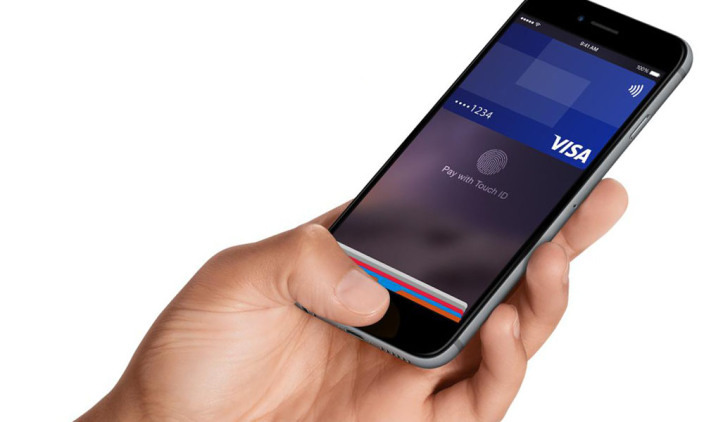Apple Pay should arrive in Ukraine in the second quarter of next year, an Alfa-Bank executive claimed this week, in what would be one of the longest publicly-known run-ups for the payment platform.
The head of Alfa-Bank Ukraine's e-business, Maxim Patrin, cited an anonymous source from one of the payment systems operating in the country, according to PaySpaceMagazine. Alfa-Bank is based primarily in Russia, and may be better known to U.S. readers for alleged ties to U.S. President Donald Trump.
When Apple Pay arrives, people will be able to add Alfa-Bank cards, Patrin said.
Typically there's little public sign of Apple Pay coming to a country until months or weeks before launch. The earliest indications are sometimes rumors of difficult negotiations, as with Germany, which may not get access until the fall or winter.
Apple Pay is currently available in 16 markets, the most recent addition being Italy, which joined earlier this month. Some other examples outside the U.S. include Australia, Canada, China, France, Japan, and Spain.
Recently Apple and Visa were hit with a lawsuit accusing them of violating patents defining concepts used in Apple Pay, such as smartphone authentication, biometric identification, and one-time payment tokens.
 Roger Fingas
Roger Fingas








 Christine McKee
Christine McKee
 Marko Zivkovic
Marko Zivkovic
 Mike Wuerthele
Mike Wuerthele

 Amber Neely
Amber Neely
 Sponsored Content
Sponsored Content
 Wesley Hilliard
Wesley Hilliard










5 Comments
Afghanistan will get access to ApplePay before Germany will.
It may seem counterintuitive but sometimes more industrialized countries are slower to change to new technologies. We saw this in with wireless phone adoption and cell tower coverage in countries that had establish landlines compared to those that had little infrastructure from a local telco. One that subject and speaking of mobile payments, Kenya was a leader in this area with M-Pesa which would work over a dumb phone. When you don't have the proper banking infrastructure and sending a trusted employee with cash is risky for the transfer and for the courier, this simple but effective method quickly becomes the best option, as I recall.
I'm not sure if this applies to *Pay in Germany, but the banks do need to overhaul their backends, which seems fairly simply considering the sheer number financial institutes that have done so in the US. I wonder what kind of national issues there are since we seem to see this coming first to a country, as opposed to individual banks throughout the world. Do they all have to get together to decide, like Australia seemed to do?
The main reason Germany is not getting Apple Pay is entrenched interest of the current banks/companies involved in payment now, not tech.